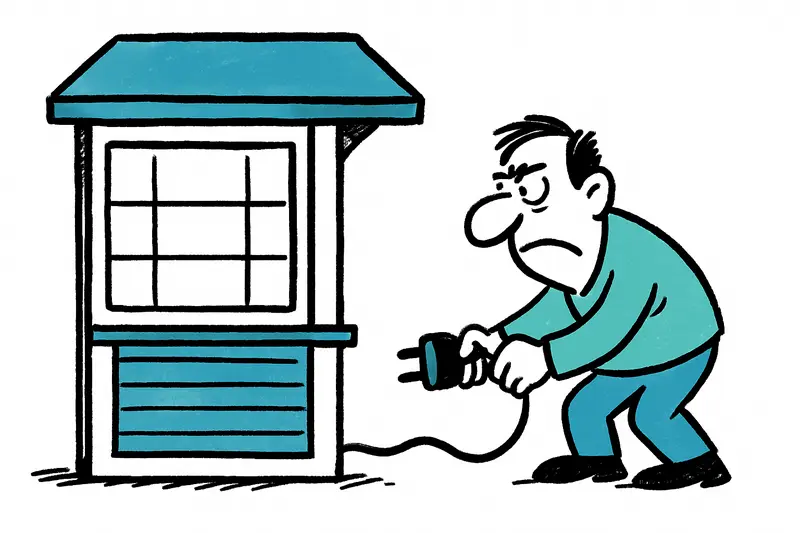Five municipal kiosks in Palma, modernized in autumn 2024, will close permanently at the end of the month. Operators cite losses, limited offerings and too many restrictions.
Just before winter: Palma's kiosks give up
Less than a year ago they stood gleaming — new colors, modern displays, photos for the brochure. Now five municipal kiosks in Palma are unexpectedly closing their doors. The operators say the project was unsustainable: after months in the red they will not renew the leases and will vacate the stalls at the end of this month.
An economic end instead of a fresh start
The people behind the counters report a bitter balance. They say they injected money into the business repeatedly in recent months and now expect total losses in the mid six-figure range. Small entrepreneurs selling newspapers, sweets and a few snacks simply had too little margin to cover fixed costs.
Why did it fail? The restrictions
Central were the regulations that put strict limits on sales: hot drinks like cappuccinos or chocolate were not allowed so as not to compete with nearby cafés. Plans to install ATMs or parcel lockers that promised extra revenue never materialized. Practical shortcomings also played a role: some stalls, for example, had no running water, severely limiting food service options.
Neighborhood, tourists, memory
The affected kiosks stood in familiar spots: in front of Bar Bosch, at Plaça Mercat, by the Olivar market and at Plaça Progrès. For walkers and older residents they were often more than a newsstand — a quick word, a small chat, the cash for a market visit. "You get the feeling something everyday is disappearing," said a neighbor who bought a newspaper every morning.
Life hasn't become easier for cafés either, commented a local business owner dryly, who has worked at the square for decades. Some residents complain that administrative decisions and tender conditions were too rigid. Others are pragmatic: the city wants standards and order — the operators say those rules cut off revenue streams.
What remains?
In the end, the question is how municipal services should be run: as social meeting points or purely for rental income. The debate may intensify now that a visible piece of the cityscape is lost. For the operators it is clear: without additional income and without the ability to run the kiosk as it once was, the business is not viable.
The farewell of the kiosks is quieter than their reopening a year ago. Regular customers will notice — and may wonder what comes next.
Similar News

Watch theft in Palma: Escape to Barcelona ends at the airport
A tourist in Palma was the victim of a brutal robbery. The suspect tried to flee but was arrested at Barcelona airport. ...

Severe Weather in Mallorca: Ongoing Delays at Palma Airport Cause Frustration
Due to heavy rain and thunderstorms, there are still significant delays at Palma Airport. Travelers from Germany should ...

Northern Lights over Mallorca: When and Where You Can See the Aurora Borealis
Between October 20 and 29, the Northern Lights could be visible over Mallorca. Who wouldn’t want to go to Scandinavia? A...

Costitx: Flowers, Stones, and a Look at the Starry Sky
Small village, big personality: Costitx blends blooming streets, ancient excavations, and an observatory - a day-trip ti...

Die Zeit auf Mallorca: Warum die Uhren hier anders ticken
Auf Mallorca läuft die Uhr offiziell anders als die Sonne — ein Erbe aus den 1940er-Jahren, das bis heute unseren Alltag...
